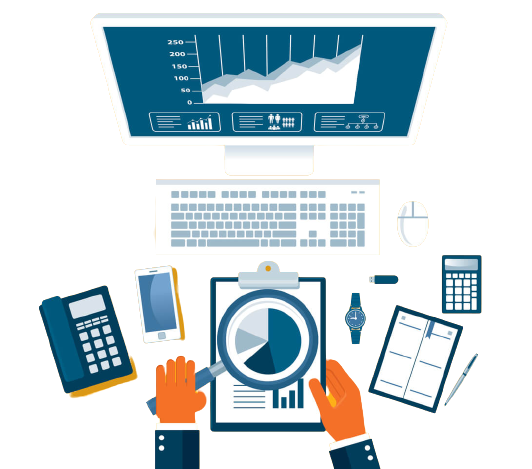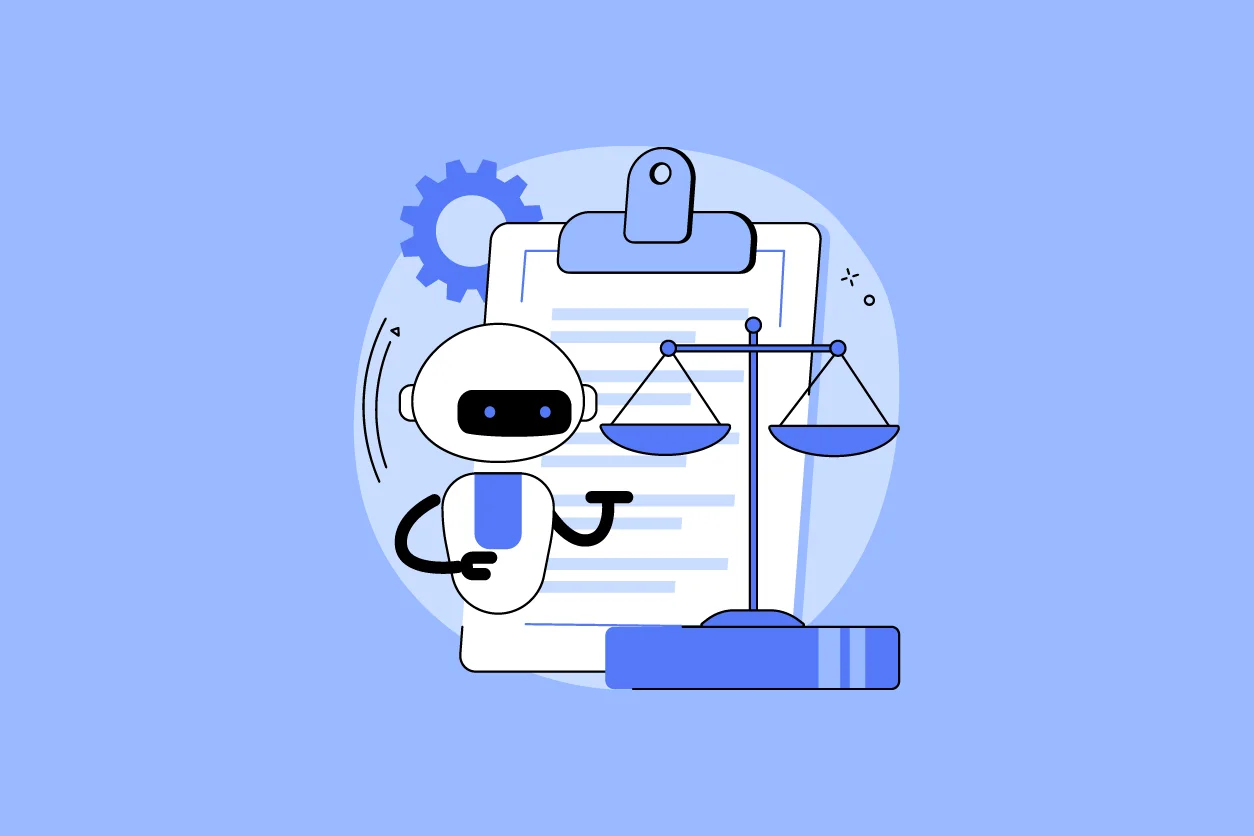Artificial Intelligence (AI) has become a hot topic of conversation, as tech and employment experts debate the impacts that these new technologies will have on the job market as a whole. Legal professionals are also weighing in on these discussions with insight about the many ways that AI will affect attorneys and law firms in the decade to come. While experts predict that the far-fetched scenario of AI replacing attorneys is unlikely, they have presented many other ways that the AI boom will affect the legal industry as a whole and law firms specifically.
What is Artificial Intelligence (AI)
AI has quickly become a staple of everyday life. We use these technologies to control the temperatures in our homes, to instantly translate our words into different languages, and to accurately diagnose our medical conditions. It is a science based in data analysis, where machines observe the ways that humans perform various tasks and actions. They learn from this information and teach themselves how to emulate human actions. The result is AI.
Over the years, people have become very comfortable with using AI. Many of us have grown used to opening our phones with facial recognition or allowing our cars to operate without a driver. Unfortunately, the integration into the legal industry has taken a little longer. Many attorneys have been hesitant about using AI in their legal practices. But this is a big mistake. From automation to analytics, AI will help law firms elevate their legal services and separate themselves from the competition.
Marketing Automation Basics
Timely responses are key, and marketing automation will help. Learn how to move potential clients through your sales funnel so you can make an immediate impression.
Case Preparation
AI algorithms will increasingly help law firms handle the many time-consuming tasks of case preparation in a more efficient way for greater time management and profitability. For instance, AI legal research tools have the ability to quickly comb through large volumes of documents in search of specific data and then extract only the information that is relevant to a case. Whether a firm deals in contracts, case precedents, or government regulations, AI tools will identify relevant patterns and craft time-saving summaries of the findings.
Another AI innovation is the ability to provide legal analysis and predict possible case outcomes. These technologies can be programmed to predict how matters will be resolved using statutes and historical case data. This will give attorneys the advantage of preparing client matters with a clearer understanding of different possible outcomes.
Law firms in all types of practice areas will benefit from AI advances, evidenced by what we are already seeing in the realm of litigation and business law. Litigation firms routinely use AI in the management of discovery to quickly organize electronic documents and identify privileged information for ethical compliance. Business law firms utilize AI technology in their due diligence efforts. Its quick analysis of documents makes it easier to uncover potential risks and liabilities.
Workflow Automation
AI advancements will not solely be regulated to the front facing aspects of legal practice. They will also prove invaluable for automating the repetitive and time-consuming workflows of the typical law firm. And the most impactful tool for this will be legal automation.
Automation uses AI technology to streamline many of the administrative, non-billable processes that would otherwise require hands-on intervention from law firm members. This will allow law firms to increase revenue by directing their resources towards the most profitable tasks. Firm members can spend their time working directly with clients while the automated technologies consistently handle the administration.
Some of the most common automated law firm workflow options will include:
- Document Management: Firms will no longer struggle with storing and managing volumes and volumes of files. AI automation will organize documents electronically, grouping them according to clients, dates, and other headings. These AI capabilities will make it easier for firm members to find, access, and share documents.
- Timekeeping and invoicing: Timekeeping and invoicing are often two of the most dreaded law office tasks. Tracking every minute, creating invoices, and collecting payments can be extremely time consuming and frustrating for firm members. Automation tools help law firm timekeepers create records more quickly and easily. These tools can also easily transfer the information to billing statements and send them to clients with minimal intervention from firm members.
- Automated Law Firm Marketing Plan: Automation will help firms deliver their content messages at the right time for a consistent presence within the industry. It will also help firms cultivate relationships with potential clients by automatically leading them though the sales funnel. AI technologies, like chatbots and email marketing automation, will make the legal marketing process much more efficient for law firms.
AI will Play an Important Role in the Future of Law Firms
The AI boom will bring valuable innovation and profitability for law firms that know how to implement the technologies. From the forward-facing tasks of representation to the administrative aspects of running a successful law office, AI will have a significant role to play in the future of legal practice. See how Law Ruler’s Legal AI software can help you get better results in less time.

Maximize your client intake process and acquire more leads with Law Ruler’s all-in-one legal intake and marketing automation software. Schedule a personalized, one-on-one demonstration of Law Ruler today!


0 Comments